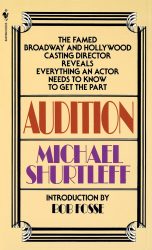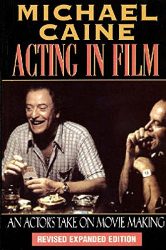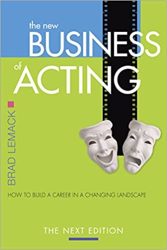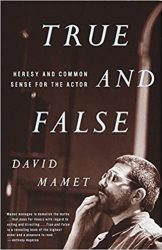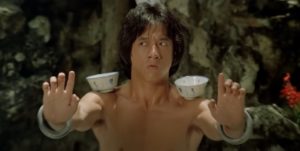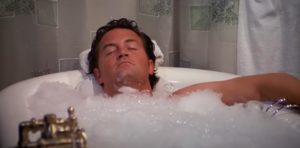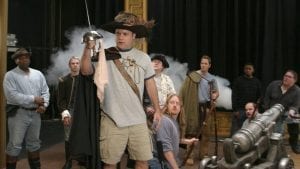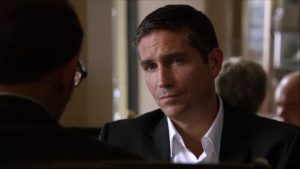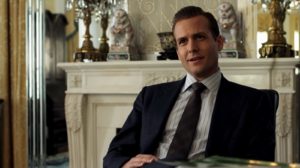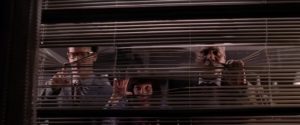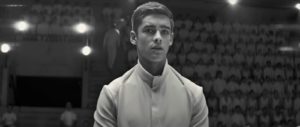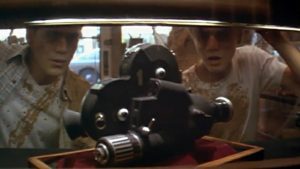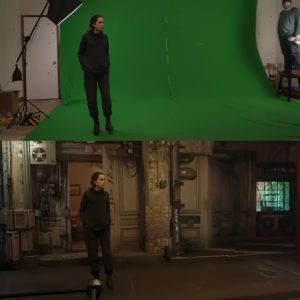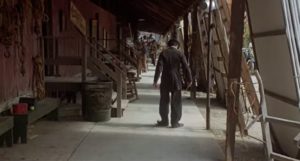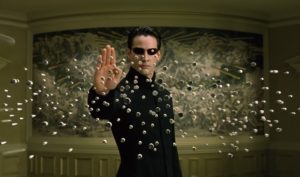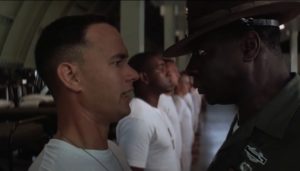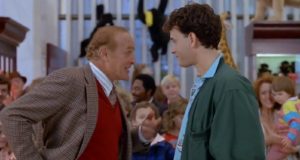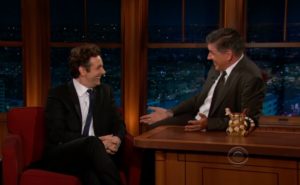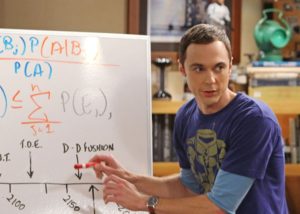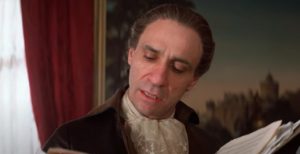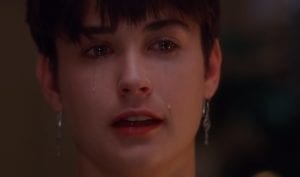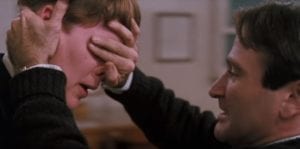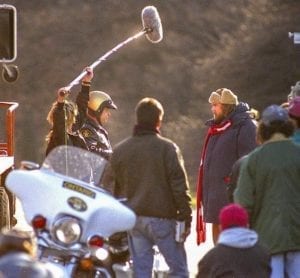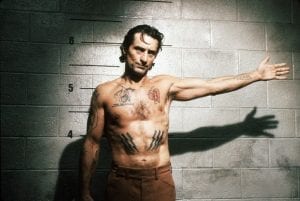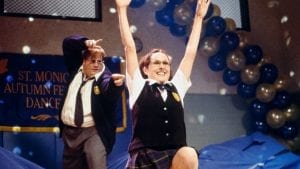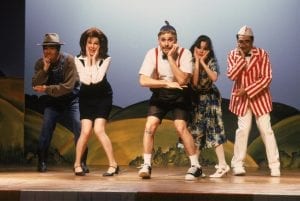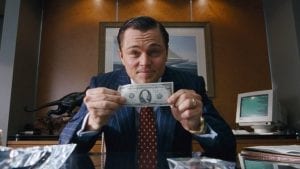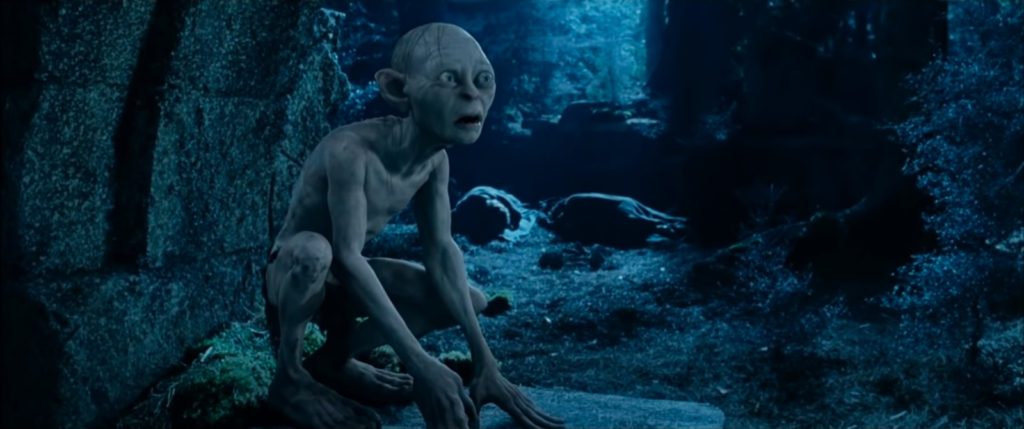
You’re probably looking at all these famous actors and thinking she’s so attractive, he’s so handsome . . . and I guess this person is also pretty good looking but that’s a more achievable type of good looking. Then you wonder, “What about me? Are my looks enough? Or am I too ugly to be an actor?”
You’re not too ugly to be an actor even if you’re not conventionally attractive. Supporting roles can require that look. For leading roles, it helps to start outside of Hollywood (e.g. Canada or Europe), do theatre, star in your own films, get famous first, or start with voice acting or comedy.
In other words, how important are looks in acting? Looks are very important in the typical casting process used in the mainstream film industry in the United States, but you can use that to your advantage, or you can bypass that process in various ways. You don’t have to be pretty to be an actor. Some different ways of being an actor regardless of your looks are given below.
1. Look-based supporting and character roles
Here’s the thing, let’s just be very honest: maybe you’re not the most attractive person. Think about the physical features that you’re most self-conscious about . . . are you okay with being chosen because of those features? That’s what this section is about.
First of all, a review of how casting typically works:
Let’s focus this discussion on films from Hollywood. More often than not, the rule is, “First it’s your look, then it’s your talent.” When there are auditions for parts in TV shows or movies, no matter how big or small the role is, the casting breakdown always includes a description of the look.
What is a casting breakdown? A casting breakdown is a description of the character’s look and personality that the casting director sends to agents, who in turn send it to actors. Here is an example of a casting breakdowns:
- [SECURITY GUARD] 40s to 50s, white male. Bald, heavy-set, and has a menacing look. Scars a plus. One line, but has a couple of scenes with the leads in a mall. This is a non-union film.
To see more examples of casting breakdowns, you can go on Actors Access, create an account (it’s free), and then go to the “breakdowns” section. You can see an example of how it’s done in this video: https://www.youtube.com/watch?v=F7j60k0YNcI
They might get hundreds of submissions for a part and will narrow them down based on look. They’ll then only see about 10 of them who look like the character they had in mind, and they’ll use the best actor out of that bunch. This is the standard process for casting in the mainstream United States film industry.
As you can see, there are opportunities for people with various looks in supporting roles and minor roles.
Most films will have one leading male character a leading female character and then two to four supporting or co-stars. That means for every first leading role, you’re going to have two or three supporting roles that you have an opportunity for. So, you could be the best friend who is struggling to meet someone, the demanding boss, etc. These are roles that won’t necessarily need someone super attractive or good looking unless it’s very specifically mentioned. Therefore, these are the roles that have less to do with how you look and are going to be more based on your acting ability.
Beyond these few roles at the top, there are going to be dozens of other roles for all kinds of smaller parts, and these smaller parts will very look specific but that look isn’t necessarily going to be attractive. There might be a landlord who looks sleazy and sort of overweight, a prostitute who tries to pick someone up, a mother of three who is struggling to make ends meet, etc. Depending on your look, there’s a greater likelihood that you could get one of these roles.
If you’re curious about what kind of roles you might be cast in, you can post your headshot in the Cast Me As subreddit: https://www.reddit.com/r/castmeas/
Many actors with non-stereotypically-seen-as-attractive looks have achieved fame as supporting actors and character actors. One great example of such an actor is Vincent Schiavelli, whom you may recognize from the movie Ghost among other films:
2. Theatre
One place where there is a lot of flexibility and talent will trump your looks (although there are exceptions to this rule) is the world of theatre. In other words, in theater, even if you are going to be playing the lead role you might not necessarily be the most attractive person. Perhaps it could be that in the world of theater much more is put on the power of the viewer’s imagination. We don’t expect as much realism when we watch a play as when we watch a film. Therefore, in theatre, someone who is 20 might play a king in his 50s, and there is a lot more flexibility in who can play the attractive character.
This flexibility becomes apparent when you look at different productions of the same play. For example, look at all the women who played the part of Sally Bowles in the musical Cabaret, how different they all are. Or another example: in different productions of the play Fences, James Earl Jones and Denzel Washington play the same part. When would you ever see these two actors play the same part in a film?
3. Film and TV industry outside of Hollywood
If you want to stay in film and television, there still are various options. The pressure to look good or be handsome and attractive for the leading roles is still present outside of Hollywood but to a much lesser extent (when I say, “outside of Hollywood”, I mean “outside the mainstream US film industry”).
Watch things from the BBC or Canadian television or Europe and you will see people of all types leading film and television shows. The reasons behind this relate to the way the film industries in those countries have evolved. For example, because Canadian and British television tend to have mandates to reflect their own cultures and the diversity of the country, they tend to have more diverse casting practices.
Also, in the UK, the tradition of actors transitioning between theatre and film and television is also stronger so a lot more credit is given to acting ability from theater (whereas, in the western world, theater actors and television actors tend to be quite different). For example, Patrick Stewart was a very well-respected theatre actor before he ever became famous with Star Trek, after Star Trek he went back to theater. Most of the big British actors that we know came from theatre. Why is this important? Because, as described in the previous section, theatre is very flexible with looks.
In other countries where they speak a rarer language, their industries will be much smaller, and they also have a smaller range of actors to choose from, so they would also be more likely to find good actors versus just good-looking actors.
4. Creating your own roles
If you don’t want others judging you for your looks, there are still other ways to be an actor. You can write scripts for movies that you will later star in or you can produce short films yourself. Some examples of actors doing this are given below.
A well-known example is of Sylvester Stallone. He was an actor struggling to get parts and was always being cast as a mugger, so he wrote the script for Rocky. When the script got producers interested and they offered to just buy the script and cast someone else in the lead role, Stallone didn’t back down. He insisted that he and only he play the part of Rocky. And now he’s famous. You can see Stallone describing the experience here:
Other examples come from several of our members at The Actor’s Place (TAP) because we have quite a few short-film makers. For example, here’s a video where one of our members describes how he got tired of being only give “good boyfriend” roles so he created his own short film where he played an evil character, which led to a director reaching out to him, offering him the part of an evil character in his next movie, without an audition.
When you’re creating your own films, you have complete control over casting, and you can choose to cast yourself if you want to. These could be leading roles, like in the case of Charlie Chaplin’s movies, or mostly minor roles, like in the case of Quentin Tarantino’s movies.
5. Non-look based first impressions
For comedic actors, another way to avoid judgement based on looks is to create their own comedy sketch shows and do well in comedy festivals. For example, many actors, such as Robin Williams, Whoopi Goldberg, Hugh Laurie, Stephen Fry, David Mitchell, and Lee Mack took part in creating a lot of the early work that got them noticed. Thus, their first impression was not based on their looks but on their skill as comedians.
Another way to start with a first impression that is not based on looks is to start with voice only. For example, Andy Serkis became famous after doing the voice and CGI movements for Gollum in The Lord of the Rings.
Finally, producers generally want good-looking actors so they can attract people into wanting to see the movie . . . but looks aren’t the only way of attracting people. Sometimes actors attract people through fame rather than looks. That’s why actors who started out thanks to their good looks and former child actors keep getting acting jobs even after losing those looks, and that’s why you see famous actors voicing animated films.
Generally, if you have enough fans, for whatever reason, producers might see them as potential movie-goers and might consider casting you. Think about all the cameos by non-actor famous people (e.g. Elon Musk in Iron Man 2 or Stan Lee in pretty much every Marvel movie) or all those singers who would occasionally also act (e.g. Davie Bowie or Justin Timberlake).
A final note
Acting is an artform like dancing, painting, or poetry. When you ask whether you can be an actor, it reminds me of a poem by the famous Spanish poet Gustavo Adolfo Bécquer:
What is poetry? You say while you fix
your blue pupil on mine.
What is poetry? And it’s you who ask me?
Poetry… is you.

